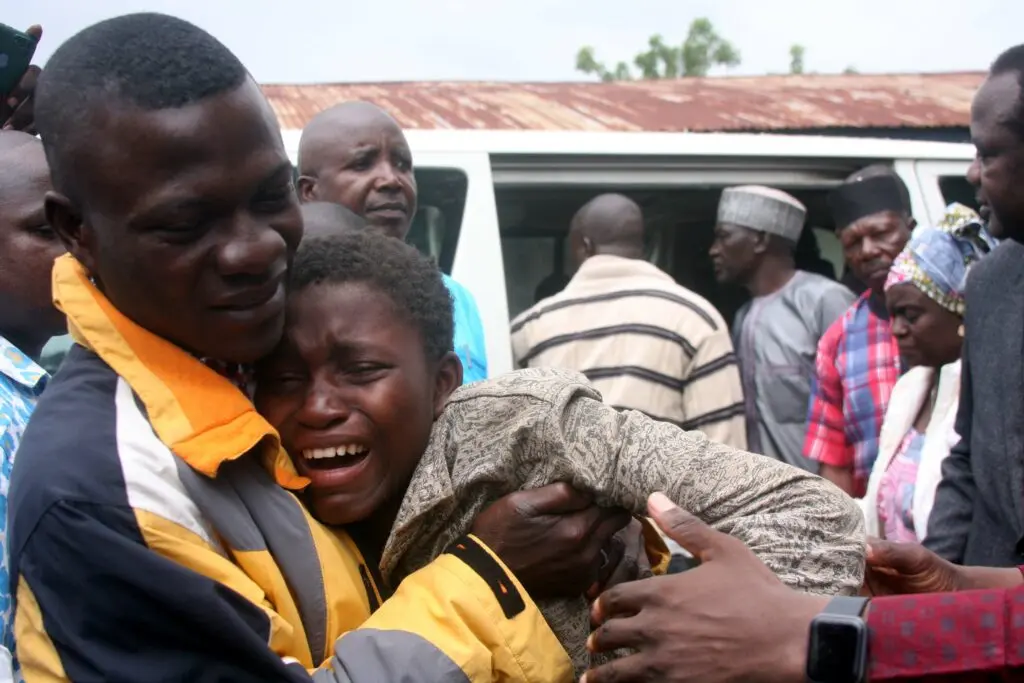Featured
EU, UNICEF provide mental health support for victims of conflicts in N’East
By Amina Issah
As children continue to bear the long and short term effects of conflict in Borno state, the European Union (EU) through its funded Support to Early Recovery and Resilience Project, implemented by United Nations Children’s Fund (UNICEF), is providing metal health support to 5,129 conflict affected out of school children.
The Project which is aimed at providing community-based psychosocial services to help improve children’s mental health in six local government areas of the state not only aim at mental health support in safe spaces, but also strengthening their well-being, resilience, literacy skills and self-reliance.
The project also supports vulnerable children across Borno with protection and health services, vocational and basic literacy skills, access to justice and security, under a holistic humanitarian intervention that has so far provided 15,552 out-of-school children with vocational training; 1,610 out-of-school children with literacy and numeracy skills and 5,194 children enrolled into integrated Qur’anic schools across focus LGAs.
More than 300,000 children have been killed in Nigeria’s north-east, while over one million have been displaced. A recent Mental Health and Psychosocial Support (MHPSS) needs assessment of conflict-affected children in north-east Nigeria revealed pervasive psychosocial distress manifesting as high levels of anxiety, suspiciousness, anger, aggressiveness, and hyper-vigilance.
Peter Hawkins, UNICEF’s Representative in Nigeria said,
“The scars of conflict are real and enduring for children.
“Too many children in north-east Nigeria are falling victim to a conflict they did not start. Attacks against children must stop immediately. In the meantime, we are committed to working with our partners to provide psychosocial and other support to conflict-affected children so they can regain their childhood and restart their lives.’’ Stress and violence have been linked to poor brain development, depression and poor self esteem, and children exposed to conflict and violence are at risk of long-term mental health and psychosocial issues.”
According to EU Head of Cooperation Cecile Tassin-Pelzer, “Addressing the psychosocial well-being and development of children and teachers in conflict situations is an important part of re-establishing education provision and enabling children to re-enter schools safely.”
UNICEF uses psychosocial support to help conflict affected children manage their emotions, solve problems, deal with crisis, and maintain healthy relationships.
The EU-funded programme in Borno State is a component of a three-year €10 million European Union Support to Early Recovery and Resilience package to support children, youths, and communities in Borno State.
Also included in the package is the provision of vocational skills and non-formal education to at least 25,000 young people, the construction and rehabilitation of learning centers and the strengthening of education management information systems.
UNICEF therefore urge all sides to the conflict to protect children from the short- and long-term effects of conflict.
Contact: info@royalnews.com.ng


